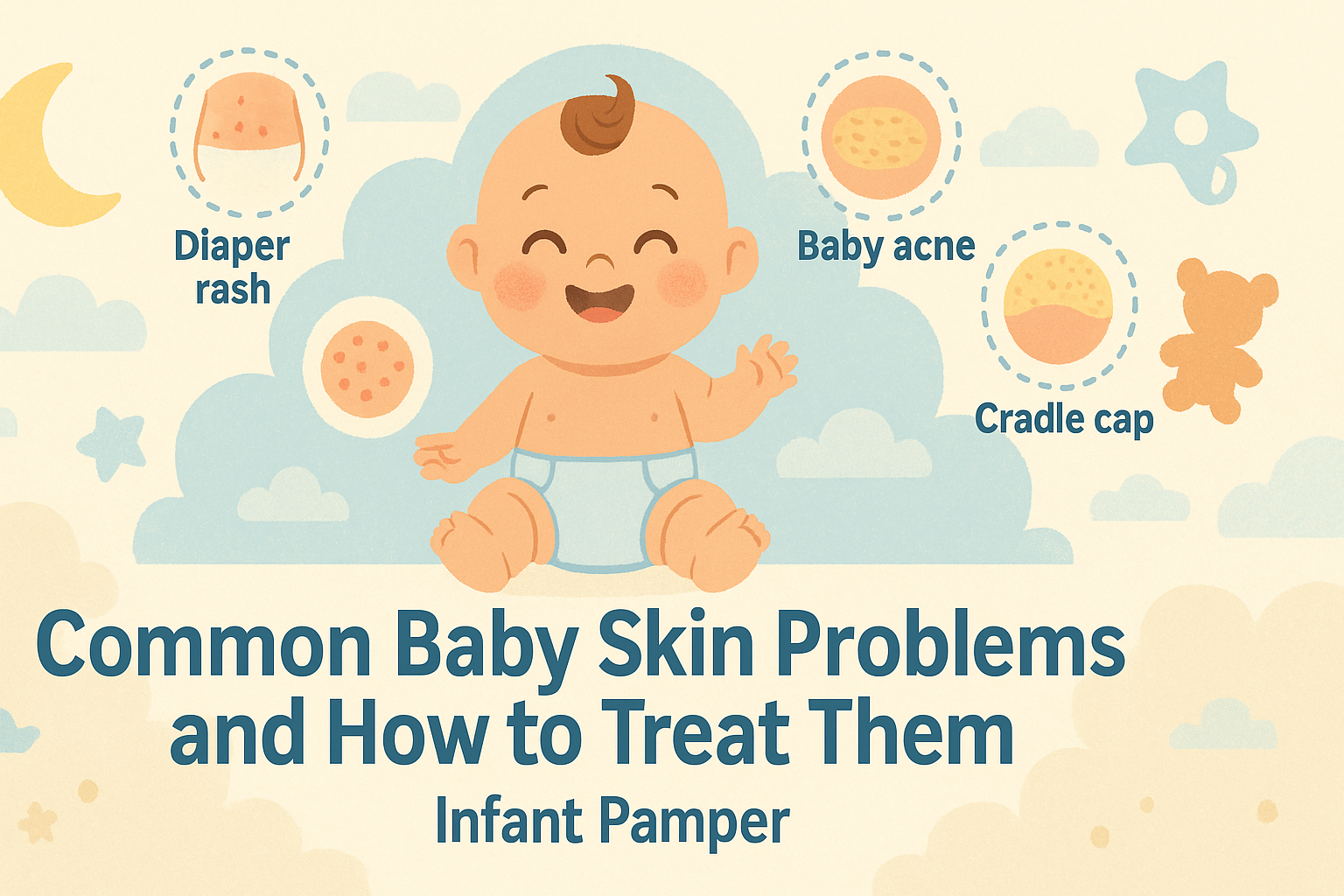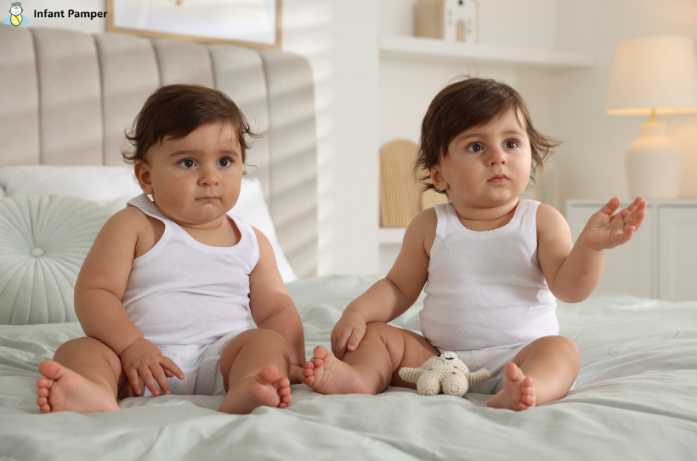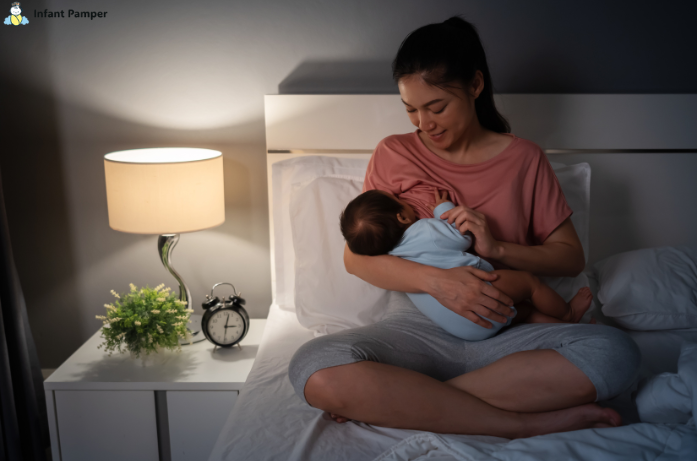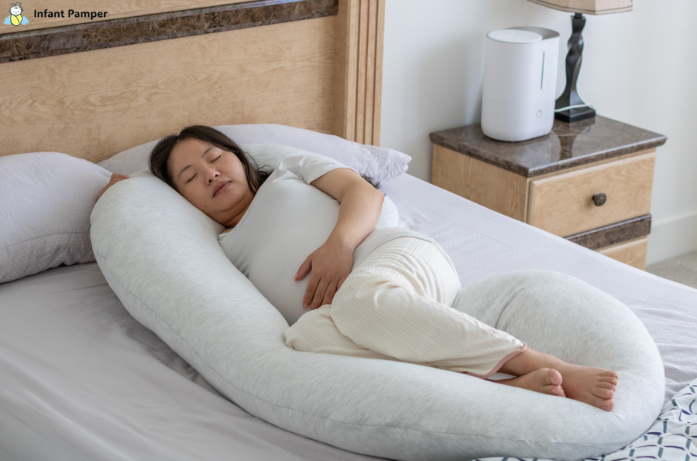Your gentle guide to understanding and caring for your baby’s delicate skin
Welcoming a newborn is a heartwarming experience — full of firsts, cuddles, and discoveries. But with all the joy comes a few surprises, especially when it comes to your baby’s sensitive skin.
From rashes to tiny bumps, baby skin often reacts to the world in ways that can worry new parents. The good news? Most of these conditions are completely normal and treatable with gentle care.
Let’s walk through the most common baby skin issues and how you can care for your little one with calm and confidence.
🧷 1. Diaper Rash
What it is:
Red, irritated patches around the diaper area — usually caused by prolonged dampness, friction, or sensitive skin.
How to treat:
- Change diapers frequently and gently pat dry.
- Use warm water and soft cloths (skip scented wipes).
- Apply a zinc oxide-based barrier cream after each change.
- Give your baby daily diaper-free time to let the skin breathe.
Note: If the rash doesn’t improve or appears bright red with bumps, consult your pediatrician — it might be a yeast infection.
🌿 2. Baby Acne
What it is:
Tiny red or white bumps on the face, often appearing in the first few weeks after birth.
How to treat:
- Cleanse once a day with warm water and mild baby soap.
- Be gentle — no scrubbing or creams.
- Avoid over-the-counter acne products.
Baby acne is harmless and usually clears on its own within a few weeks.
🧴 3. Eczema (Atopic Dermatitis)
What it is:
Dry, red, and itchy patches often found on the face, elbows, or knees. Common in babies with a family history of allergies.
How to treat:
- Use fragrance-free, hypoallergenic moisturizers frequently.
- Limit baths to 10 minutes with lukewarm water.
- Choose gentle soaps and detergents.
- In severe cases, consult a pediatrician for topical treatments.
Consistency in skincare is key to reducing flare-ups.
🧢 4. Cradle Cap (Seborrheic Dermatitis)
What it is:
Greasy, yellowish, scaly patches on your baby’s scalp — harmless and not itchy.
How to treat:
- Wash hair regularly with a mild shampoo.
- Gently loosen flakes with a soft baby brush.
- Apply a small amount of baby oil to soften scales before shampooing.
Most cases resolve within a few weeks.
☀️ 5. Heat Rash (Prickly Heat)
What it is:
Tiny red or pink bumps caused by trapped sweat, often seen on the neck, chest, or shoulders.
How to treat:
- Keep baby cool and in breathable, loose clothing.
- Bathe in cool water and let skin air-dry.
- Avoid overdressing or heavy blankets.
Heat rash clears up quickly in cooler, dry environments.
🌸 6. Milia
What it is:
Small white bumps on the nose, cheeks, or chin caused by trapped skin flakes.
How to treat:
- No treatment necessary — they disappear on their own.
- Gently wash baby’s face with mild soap and water.
- Never squeeze or scrub the bumps.
🦠 7. Impetigo
What it is:
A contagious bacterial infection that causes red sores, which can rupture and form a yellow crust.
How to treat:
- See your pediatrician for diagnosis.
- Treatment includes topical or oral antibiotics.
- Maintain hygiene — don’t share towels or clothes.
Early treatment prevents spreading.
🍓 8. Erythema Toxicum
What it is:
A harmless rash with red blotches and a white/yellow center, often seen in the first few days after birth.
How to treat:
- No treatment is needed — it resolves within a week.
- Keep skin clean and dry.
It’s normal and not a cause for concern.
💭 Final Thoughts: Keep It Gentle, Keep It Simple
Your baby’s skin is adapting to the world — and it’s perfectly normal for a few bumps, rashes, or spots to appear. Most skin issues are minor and go away with simple care and patience.
But always trust your instincts. If a skin problem seems unusual, persistent, or painful, don’t hesitate to reach out to your pediatrician.
👶 At Infant Pamper, we believe parenting is a journey best traveled with love, knowledge, and support.
You’re not alone — and every thoughtful step you take is an act of care your baby will feel.




